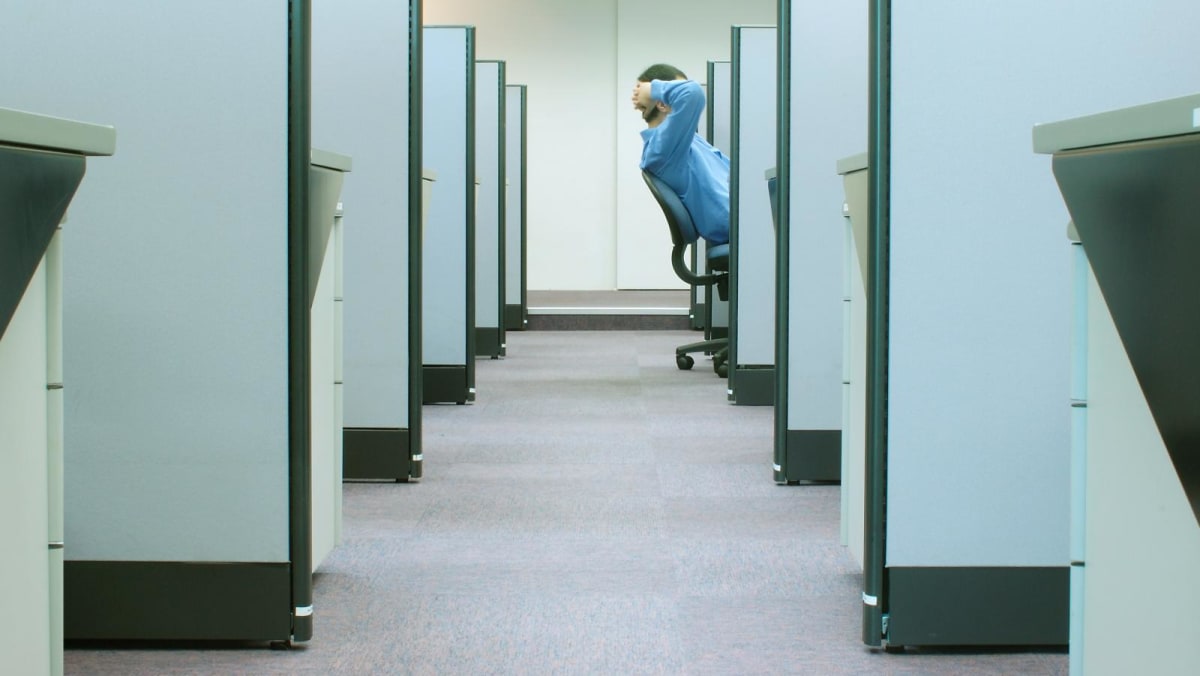Amazon recently required engineers and administrative staff to return five days a week. According to a survey conducted by the Blind professional social network last September, more than 90 per cent of employees are unhappy with this decision.
On Reddit, users report having turned down interviews to work for the e-commerce and cloud giant because of the policy.
Some speculate it’s a veiled downsizing strategy, though they believe the company founded by Jeff Bezos risks losing its top talent.
CHEWING FOOD
JPMorgan Chase’s March announcement ending telework met similar resistance.
Employees posted so many comments about concerns – from commuting costs to child care – on an internal platform that the bank shut down that section, according to The Wall Street Journal.
JPMorgan CFO Jeremy Barnum addressed the issue during a press call, and acknowledged the risk of losing valuable employees, saying: “We are very much not hoping for attrition as a function of return to office.”
“I’m disappointed that Amazon and others dragged people back to the office when we’ve been making so much progress in making work-from-home a national norm,” Sparrer laments.
When founding Bospar in January 2015, Sparrer deliberately chose not to rent office space, both to save money and to recruit talent beyond San Francisco and New York. Ten years later, he stands by that decision.
Office environments inherently create inequality, he said.
“Someone gets the corner office with windows while another gets a cubicle, creating friction,” he explained.
“There’s also a higher likelihood of sexual harassment, illness spreading, and daily annoyances from office gossip to hearing colleagues chew their food.”
Sparrer particularly emphasized telecommuting’s environmental benefits, noting that most Americans drive to work in gas-guzzling cars.
“The typical office building is a polluting nightmare,” he said. His company’s research suggests that remote workers are more likely to cook at home instead of ordering delivery and to recycle their waste.
